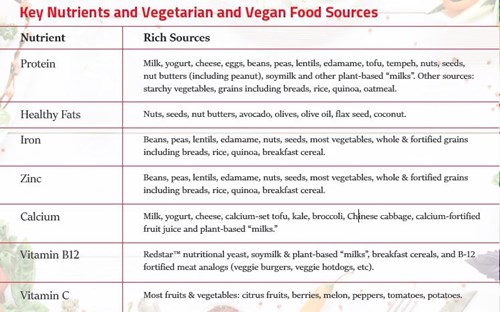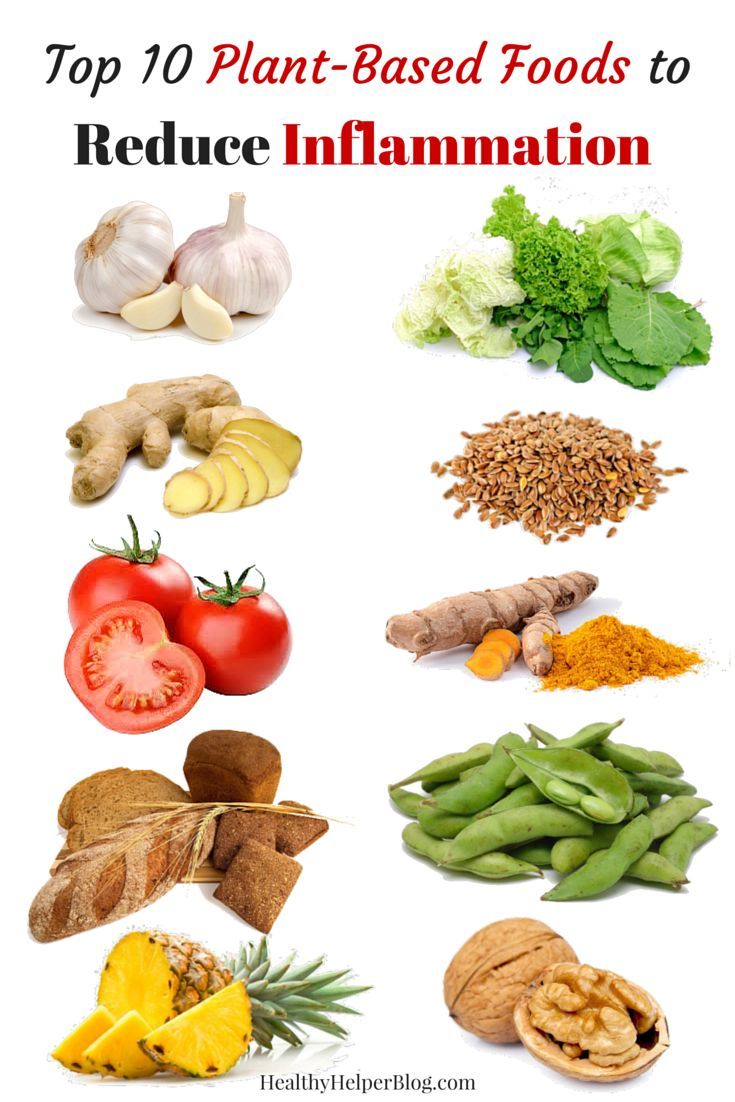
A plant-based diet is good for our health in many ways. This reduces the risk of several diseases such as diabetes, cancer, and heart disease. Healthy eating habits are essential for our well-being. Red meat and saturated fat are bad for our health.
Health benefits
The reduction in blood pressure is one of the many benefits to vegetarianism. A majority of vegetarians are thinner than meat eaters. This helps to lower blood pressure. Vegetarian diets are lower in sodium than meat eaters and have higher levels of potassium. These two factors can play a significant role in controlling blood pressure.
Studies have shown that vegetarians are one-third less likely to die or be hospitalized from heart disease. The reduction in heart disease and death rates may be due to the increased intake of soluble fiber. This has been proven to lower cholesterol levels and reduce the risk of developing heart attacks. Studies also show that a diet high in fruits and veggies may lower the risk of colorectal disease.
Environmental benefits
A vegetarian diet can be better for the environment that a meat-based diet. Research shows that vegetarians are able to reduce their emissions up to 2%. The Regional Greenhouse Gas Initiative estimates that the average American would reduce their emissions by approximately $3 per annum. This is equivalent in saving 133 gallons of water, and eight pounds of CO2. Additionally, a vegetarian diet may lower your chances of suffering from heart disease, obesity or cancer. Additionally, vegetarians can avoid red meat which is one of most resource-intensive foods. Nearly two thirds of the world’s greenhouse emissions are due to beef and milk production.

Vegetarians are also more aware of the impact their diet has on the environment. They also know that fish and meat require significant amounts of water. They are also aware that many forms of agriculture can have a negative effect on the environment. Vegetarians can avoid these farming methods and prevent water table contamination. Also, vegetarians should be aware how much water is used during the production process of certain crops such as soybeans or rice.
Diabetes prevention
A vegetarian diet may have a beneficial impact on the gut microbiome and may reduce the risk of type 2 diabetes. However, this study has its limitations, especially because the data was collected from a large sample of people and was self-reported. The authors still conclude that a vegetarian-based diet is better for your health than one high in animal product consumption. They do point out, however, that quality also plays a part.
Multiple studies have shown the effectiveness and safety of vegetarian diets to manage diabetes. One 12-week intervention saw participants from Georgetown Medical Center. Results showed that fasting plasma glucose levels were 28% lower during the diet. Also, vegetarian diets were associated more with weight loss and less medication usage.
Cancer prevention
One recent study comparing the benefits of vegetarianism and meat-eating has confirmed that vegetarians are at lower risk of several types of cancer. Loma Linda University's study found that vegetarians had a 22% lower chance of developing colorectal carcinoma than those who ate meat and fish. However, the study was not conclusive. To determine whether a vegetarian diet makes sense, it is important to pool data from all relevant studies that compare vegetarians with meat-eaters.
Certain hormones are lower when you eat a vegetarian diet. These hormones are associated with a lower risk of colon and rectal cancer. A vegetarian diet also reduces levels of long-chain n-3 fatty acids. It has also been shown that a vegetarian diet can lower insulin-like Growth Factor, which is a risk factor for colon cancer. A vegetarian diet may also include more plant-based foods that contain additional nutrients that could protect against colorectal carcinoma.

Lower risk of heart attack
A recent study has shown that vegetarianism can lower the risk of heart disease in half. The researchers assessed dietary data and adjusted for other risk factors. The research showed that vegetarians had lower blood pressure and cholesterol than fish and meat eaters. This difference in cholesterol and blood pressure is believed to be the primary reason for the reduced risk of heart disease.
But, the reduction in the risk of heart disease and stroke isn't the only benefit. There are many other benefits of vegetarianism, including a lower risk of stroke. Vegetarians are less likely to have high blood pressure than those who eat meat, which can increase the risk of heart disease and stroke. Additionally, vegetarians tend to have lower levels LDL cholesterol. This could be the reason they are at a lower risk for stroke than meat-eaters.
FAQ
What can you do if your immune system is weak?
There are trillions of cells in the human body. These cells collaborate to form tissues and organs that perform specific functions. When one cell dies, another cell replaces it. Chemical signals, called hormones, allow cells to communicate with each other. Hormones regulate every bodily process, from growth and development to metabolism as well as immunity.
Hormones, chemicals that are secreted throughout the body by glands, are chemicals. They travel through the blood stream and act like messengers to control how our bodies function. Some hormones can be produced within the body while others can be made outside.
Hormone production begins when a hormone-producing gland releases its contents into the bloodstream. Once hormones become active, they move throughout the body until reaching their target organ. Some hormones may only remain active for a limited time. Others hormones are more active and have a longer life expectancy. They can still influence the body's functions long after they have been eliminated from the bloodstream.
Some hormones can be produced in large amounts. Others are only produced in very small quantities.
Some hormones are made at specific times in your life. Estrogen, for example, is produced in puberty as well during pregnancy, menopause, old age, and after menopause. Women can get estrogen to build breasts, prevent osteoporosis, and keep their bones healthy. It promotes hair growth as well as keeping skin soft and smooth.
How can I lower my blood pressure
The first thing you need to do is find out what causes high blood pressure. Then, you can take steps to lower your blood pressure. You can do this by eating less salt, losing weight, or taking medication.
It is important to ensure that you get enough exercise. Walking is a great alternative if you don't have the time or energy to exercise regularly.
Consider joining a gym if your current exercise regimen is not satisfying you. You will likely want to join an exercise group that shares your goals. It is much easier to stick with a exercise program if there are others who will be watching you at the club.
Why does weight change as we age?
How do you know if your bodyweight changes?
Weight loss occurs when there is less fat than muscle mass. This means that the amount of calories consumed must exceed the amount of energy used daily. Low activity levels are the leading cause for weight loss. Other reasons include poor eating habits, stress, hormone imbalances, certain medications and illness. When there is more fat than muscles, it's called weight gain. It happens when people consume more calories in a day than they actually use. Overeating, increased physical activity and hormonal changes are all common reasons.
Our bodies lose weight mainly because we consume less calories than what we burn. By exercising regularly, our metabolism rates increase which in turn burns more calories during the day. However, this doesn't mean that we'll necessarily get thinner; what matters is whether or not we're losing fat or gaining muscle. If we are burning more calories than what we eat, then we will lose weight. However, if you consume more calories than you burn, you'll end up storing them for fat.
As we age, our ability to move around is slower and we are less mobile. We also tend to consume less food than when we were younger. We tend to gain weight. On the other hand, we have more muscle mass and look larger than we actually are.
There's no way to tell how much weight you've lost unless you weigh yourself every week. There are many methods to measure your weight. There are many ways to measure your weight. You can check your waist, hips, thighs, arms and legs. Some people prefer to use bathroom scales while others like to use tape measures.
For a better track of your progress, try to weigh yourself once per week and measure your waistline once every month. You can also take photos of your self every few months to see the progress you have made.
You can also check your height online to find out how many pounds you have. For example, if your height is 5'10", and your weight is 180 pounds, then you'd probably be 180 pounds.
How can I live the best life possible every day?
It is important to identify what makes you happy. Once you know what makes you happy, you can work backwards from there. Asking others about their lives can help you to see how they live the best life possible.
You might also enjoy books like "How to Live Your Best Life", by Dr. Wayne Dyer. He talks about finding happiness and fulfillment in all aspects of our lives.
Statistics
- In both adults and children, the intake of free sugars should be reduced to less than 10% of total energy intake. (who.int)
- According to the 2020 Dietary Guidelines for Americans, a balanced diet high in fruits and vegetables, lean protein, low-fat dairy and whole grains is needed for optimal energy. (mayoclinichealthsystem.org)
- nutrients.[17]X Research sourceWhole grains to try include: 100% whole wheat pasta and bread, brown rice, whole grain oats, farro, millet, quinoa, and barley. (wikihow.com)
- The Dietary Guidelines for Americans recommend keeping added sugar intake below 10% of your daily calorie intake, while the World Health Organization recommends slashing added sugars to 5% or less of your daily calories for optimal health (59Trusted (healthline.com)
External Links
How To
What does the meaning of "vitamin?"
Vitamins are organic compounds naturally found in food. Vitamins allow us to absorb nutrients from food. The body cannot make vitamins; therefore, they must be obtained from food.
There are two types vitamins: water soluble or fat soluble. Water-soluble vitamins dissolve in water easily. Examples include vitamin C,B1 (thiamine), B2 (riboflavin), B3 (niacin), B6 (pyridoxine), folic acid, biotin, pantothenic acid, and choline. The liver and fatty tissue are the main storage places for fat-soluble vitamins. Vitamin D, E, K and A are some examples.
Vitamins are classified according their biological activity. There are eight major groups of vitamins:
-
A - Vital for healthy growth.
-
C – essential for proper nerve function.
-
D - necessary for healthy bones and teeth.
-
E - required for good vision & reproduction.
-
K - Essential for healthy muscles and nerves.
-
P - vital for building strong bones andteeth.
-
Q - aids in digestion of iron and iron absorption
-
R - necessary for making red blood cells.
The recommended daily allowance of vitamins (RDA), varies depending upon age, gender, physical condition, and other factors. The U.S. Food and Drug Administration has established the RDA values.
For adults aged 19 and older, the RDA for vitamin B is 400 micrograms daily. Pregnant mothers need 600 micrograms a day to ensure fetal growth. Children ages 1-8 require 900 micrograms per day. Infants below one year of age need 700 micrograms daily. But, between 9 months to 12 months of age, the amount drops to 500micrograms per days.
Children aged 1-18 years need 800 micrograms daily, while children overweight require 1000 micrograms per days. Children who are severely obese or underweight will need 1200 micrograms each day.
Children aged 4-8 who have anemia are required to consume 2200 micrograms of Vitamin C daily.
2000 micrograms per person is necessary for general health. Mothers who are pregnant, nursing, or have a high nutrient need will require 3000 micrograms a day.
Adults over 70 require 1500 micrograms each day, since they lose approximately 10% of muscle mass each decade.
Women who are pregnant, nursing or breastfeeding need more than the RDA. Pregnant women require 4000 micrograms daily during pregnancy, and 2500 micrograms every day after birth. Breastfeeding mothers need to consume 5000 micrograms each day when breastmilk has been produced.